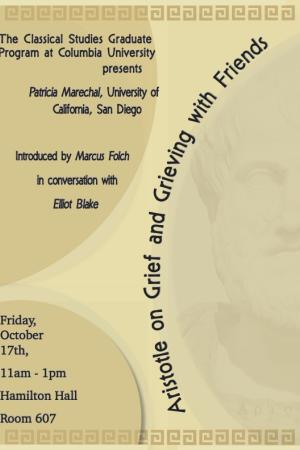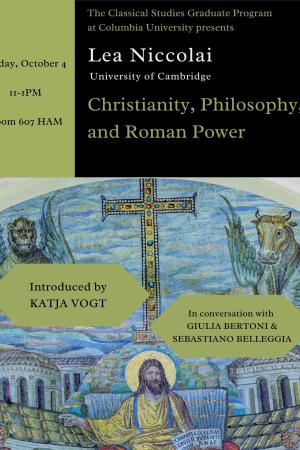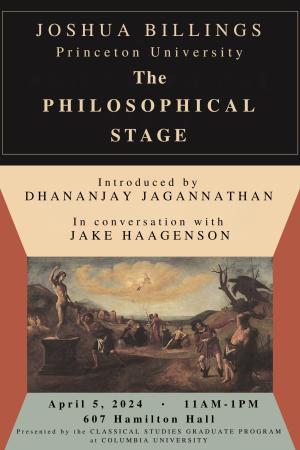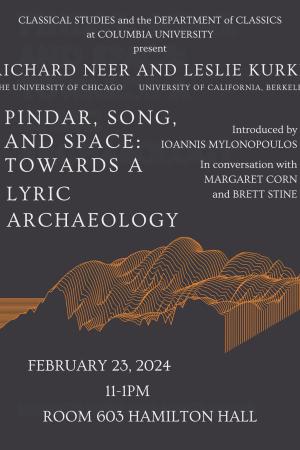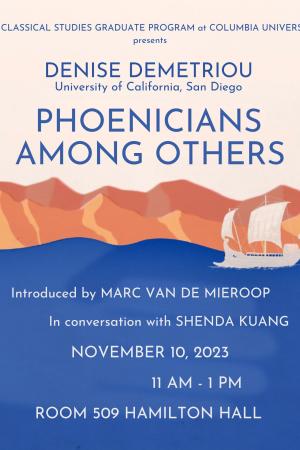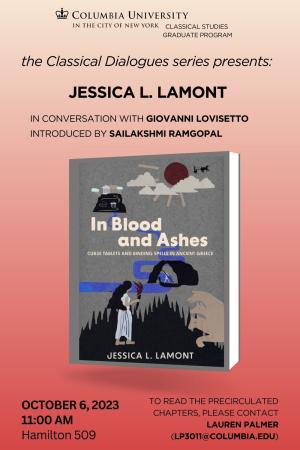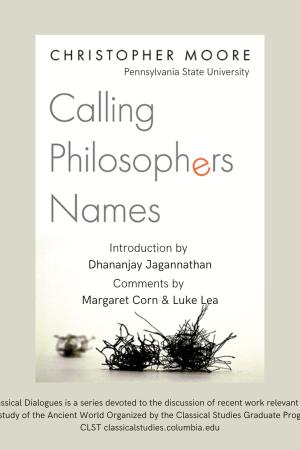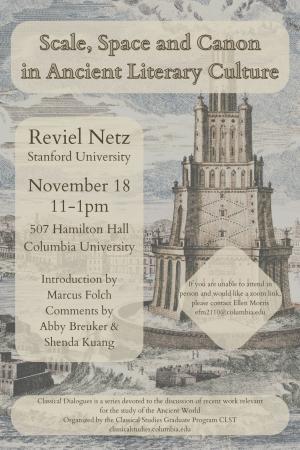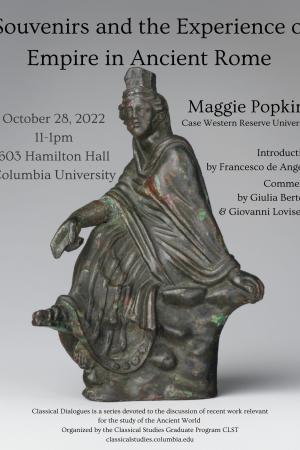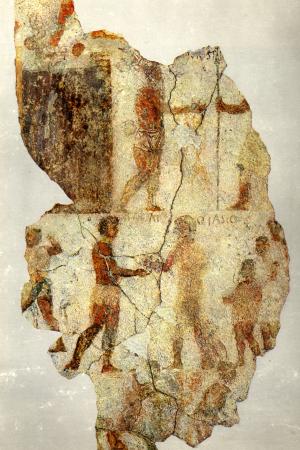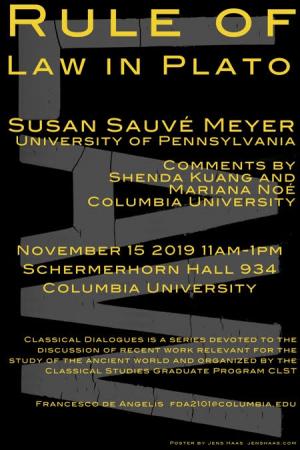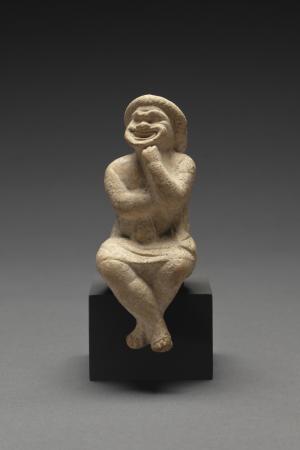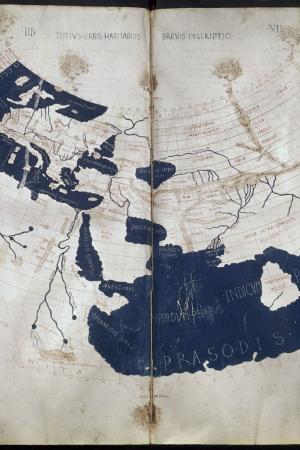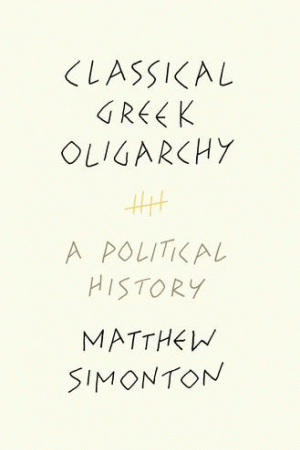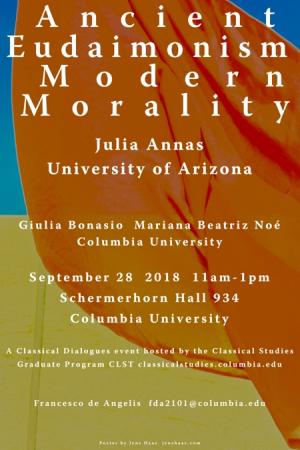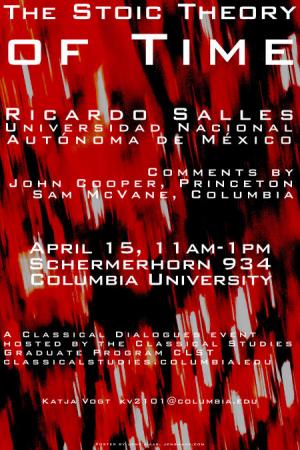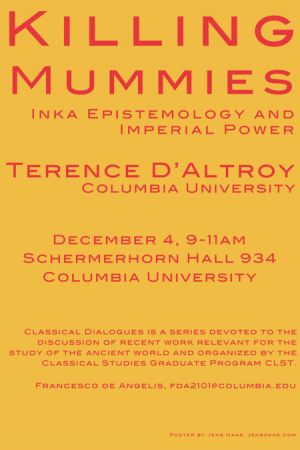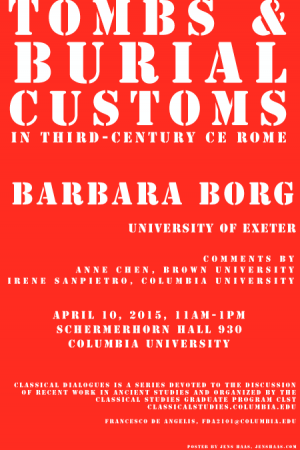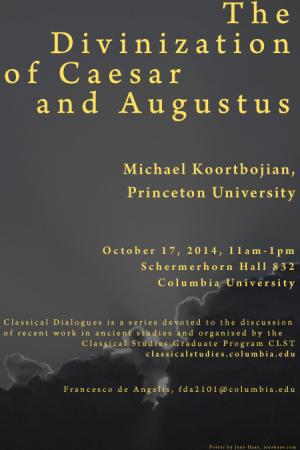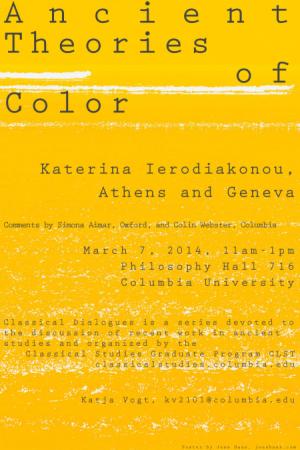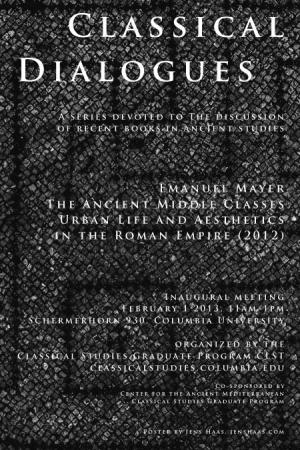 Tyrannicide in Ancient GreeceDavid Teegarden SUNY BuffaloNovember 17, 2017 - November 17, 2017
Tyrannicide in Ancient GreeceDavid Teegarden SUNY BuffaloNovember 17, 2017 - November 17, 2017
2:00pm - 4:00pm -
Columbia University
As part of its Classical Dialogues series, the Classical Studies Graduate Program CLST at Columbia University is pleased to welcome David Teegarden from SUNY Buffalo. On November 17, 2017, 11am-1pm, David Teegarden will discuss his book Death to Tyrants! Ancient Greek Democracy and the Struggle against Tyranny (Princeton University Press, 2014). Location: Schermerhorn Hall 930, Columbia University. Please see below Professor Teegarden's description of the project.
Death to Tyrants! is the first comprehensive study of ancient Greek tyrant-killing legislation--laws that explicitly gave individuals incentives to "kill a tyrant." David Teegarden demonstrates that the ancient Greeks promulgated these laws to harness the dynamics of mass uprisings and preserve popular democratic rule in the face of anti-democratic threats. He presents detailed historical and sociopolitical analyses of each law and considers a variety of issues: What is the nature of an anti-democratic threat? How would various provisions of the laws help pro-democrats counter those threats? And did the laws work? Teegarden argues that tyrant-killing legislation facilitated pro-democracy mobilization both by encouraging brave individuals to strike the first blow against a nondemocratic regime and by convincing others that it was safe to follow the tyrant killer's lead. Such legislation thus deterred anti-democrats from staging a coup by ensuring that they would be overwhelmed by their numerically superior opponents. Drawing on modern social science models, Teegarden looks at how the institution of public law affects the behavior of individuals and groups, thereby exploring the foundation of democracy's persistence in the ancient Greek world. He also provides the first English translation of the tyrant-killing laws from Eretria and Ilion. By analyzing crucial ancient Greek tyrant-killing legislation, Death to Tyrants! explains how certain laws enabled citizens to draw on collective strength in order to defend and preserve their democracy in the face of motivated opposition.
In its Classical Dialogues series, the interdepartmental Classical Studies Graduate Program CLST at Columbia University invites authors of recent work in ancient studies that is exemplary for the kind of study that CLST aims to foster. All faculty and students at Columbia and beyond are cordially invited. CLST students are required to read carefully at least one chapter or article in advance and prepare questions and comments for discussion.
